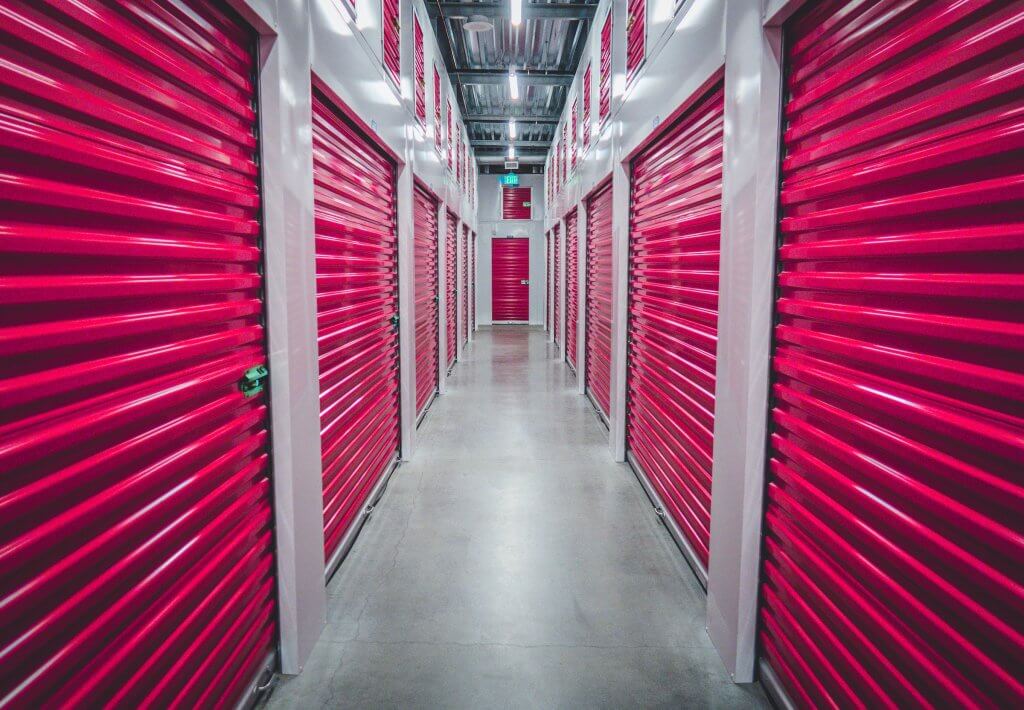
Investing in Storage Unit Business
With interest in storage units stoked in the mainstream in recent years through a certain reality show featuring storage unit auctions, you can consider buying into a storage business.
There will be times a property or a household contains an excessively large number of possessions. If part of those materials could not be disposed of but they have to be set aside somehow to make more room in the property, one option is to put them in a storage unit.
People always want some place to secure their stuff. Why not help them out by investing in a storage unit?
Storage unit 101
Basically, a self-storage facility comprises a number of warehouses with their interior space converted into rooms of various sizes, all accessible by sliding grated doors. The companies running the facility complex may either be small private outfits or larger chains such as those operating on real-estate investment trusts (REIT).
There are four general classes of storage units:
- Drive-ups. Drive-up storage facilities will have ample space for users to come in with their vehicles and head to their designated unit. Many of these are located in gated complexes protected under security cameras and codekey access.
- Climate-controlled storage. Some of the more advanced storage unit facilities will have climate-control systems. These are often tailored towards clients who want their items stored under specific temperatures and humidities due to delicate conditions.
- Vehicle storage. These units are essentially the same as climate-controlled storage units in the sense that they are geared towards closetting vehicles, especially expensive ones the owners want to be in pristine condition but out of sight when not in use.
- Mixed-use. These storage facilities are usually located near multi-purpose areas to serve a raft of needs. Examples of these include condominiums where the management wants a secure space for all residents’ package deliveries and possibly avoid doorstep theft, or a restaurant that needs nearby climate-controlled units for their commissary supplies and there’s nearly no space in their stockroom.
What storage unit to choose?
When choosing to invest in a storage unit, a number of factors need to be considered:
- Rental / purchase cost. You will need to research and compare quotes for a unit of specific dimensions from the self-storage vendors in your area. The lease agreement will state the monthly fee and a security deposit.
- Dimensions and purpose. Your current plans will govern the size of the storage unit and for what purpose. If you are relocating to a new property but need temporary places for the bulk of items, consider inquiring about the larger units in the complex.
- Duration of use. Like any rental programme, a storage unit rental will be governed by an agreement clearly stating the length of time you will have the place. That ties in with No1, particularly when computing the final storage budget.
- Insurance. Your self-storage vendor must have an insurance policy attached to the rental/purchase agreement as compensation in case of damage/loss as a result of incidents on the property.
- Items to stash. The ideal unit you will acquire may depend on the kinds of items you want to keep inside. Some self-storage vendors’ websites offer space calculators where you can list a number of specific items segregated by category. However, your vendor’s rental/purchase contract may categorically state that items such as weapons and explosives, toxic/flammable materials, stolen items, and perishables are prohibited from being stored, and they will have the right to access the unit for such items as needed.
- A need for climate-control. Storage units will have a climate-control system attached, to protect the items from changes in temperature and humidity. This may apply if the customer is looking to protect certain items from extreme temperatures.
- Location. Consider the locale of your ideal self-storage complex and its proximity to you. This will be vital in terms of transportation costs and importance of items. For investors, the location will be part of market research to figure out the possible cash flow, such as a unit located in a high-income area where residents might have the need to store possessions.
- Security. Your ideal storage facility will be secured 24/7 via surveillance cameras and monitoring personnel. They will also have a list of customers who are cleared in entering the complex and have their access credentials with them.
Benefits and risks of storage facility investment
There are ample benefits to investing in a storage unit.
- Advantage in declining retail space. The rise of e-commerce has chipped off at the customer base of brick-and-mortar retailers to the point even malls are losing tenants – including anchor stores. This allows self-storage vendors and REITs an opening to convert the now-vacant space to establish outlets.
- Nominal business experience. Storage investors do not necessarily need ample business administration experience to run the enterprise, unlike entrepreneurs in other industries such as hotels and resorts. They would be educated though, in the mechanics of storage.
- Long-term clientele. Given adequate marketing and nurturing business relationships, a self-storage investor may enjoy clients who rent the space for a long period of time, in some cases as long as up to three years.
However, there will be risks you must prepare for.
- Huge cash outlay. Buying a storage unit is a serious investment and to get there requires taking out a commercial loan. Some property brokers stress that commercial lenders do not give high loan to value ratios and the self-storage vendor may require buyers up to 40 per cent of the unit value as deposit. So even if your prospective self-storage vendor offers a sticker price of $100,000 for a certain unit, for example, you must pay $40k in deposit, upfront.
- Vendor reputation. You need to research the storage unit developer’s bonafides and reputation to ensure your investment will be secure. This must be done in light of unscrupulous parties taking advantage of cheap property investment opportunities to fleece investors, and the fact that Australia does not have firm industry standards for self-storage like those in the US and UK.
- Market data. You may have a wonderful storage unit open for customers, but is there an adequate market in the area to capitalise on? Your market research must include the financial status and spending habits of the local population, as well as intelligence on competitors and their pricing models.
- Varying ROI. As much as current market trends affirm the viability of self-storage units, it shouldn’t be treated as get-rich-quick schemes. While it may be true that investing in a unit requires a certain degree of business and marketing experience, you need to properly manage the place over a period of time and secure tenants who are willing to lease for a long period of time and make the rental payments on time.
DEAL OR NO DEAL? Check out our catalogue on USHOP — your one stop shop for deals and discounts!
If you liked our “Investing in Storage Unit Business” and find it useful, check our blogs regularly for more information to get updates on UBOMI’s budget app and expense tracker.




